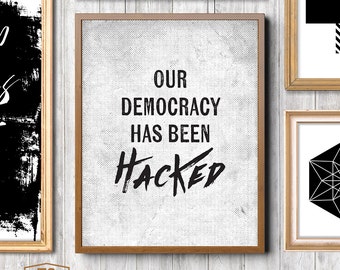
“Black hats” are hackers with malicious intentions. In the virtual Wild West, a new generation of bandits roams. Today this visual code – which some see as racial stereotyping – is replicated on the internet. This scene in “The Good, the Bad and the Ugly”, a film from 1966, uses a trope common in Westerns: the good guy wears a white hat, and the baddie has a black one. He rescues Tuco and escapes on horseback. Suddenly the white-stetsoned Blondie shoots and destroys the noose. If you want to know the difference between online outlaws and angels, start by learning the language they speak.īlack hat A hacker with malicious intent (noun) Outlaws in the digital Wild Westįrom under the brim of his black cowboy hat, Angel Eyes watches Tuco, a con man, about to be hanged.

They point out that hackers can also use their knowledge for good, to fight the bad guys. The term itself is controversial: many geeks use it to describe anyone with an advanced understanding of computers, and prefer the term “malicious hacker” for someone who uses their skills for nefarious purposes. Online criminals are often dubbed “hackers”. And that was before the pandemic pushed more criminals to focus on internet crime – just as many of us started living our entire lives online. And they’re worryingly successful: in America the amount of money lost to cybercrime increased threefold from 2015 to 2019. “Catfishing” is when you’re tricked into thinking you’re in an online relationship and unknowingly send cash to scammers using a fake profile (the supermodel who claims to have the hots for you may in fact be a 52-year-old man called Steve).Ĭonfusing you is exactly what these cyber-attackers want.

#The hackers movie im the keyboard cowboy software#
Perhaps a “time bomb” blew up your computer, or malicious software turned your smartphone into a “zombie”? Even lower-tech crimes get strange labels: “shoulder-surfing” refers to when scammers nab your passwords by literally looking over your shoulder as you type (sometimes with binoculars). The malevolence of cybercrime often seems all the worse for the impenetrable jargon used to describe attacks.


 0 kommentar(er)
0 kommentar(er)
